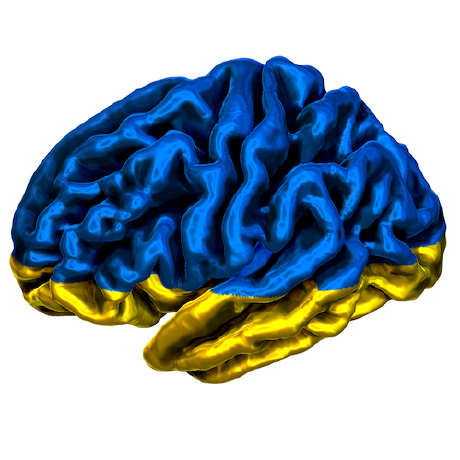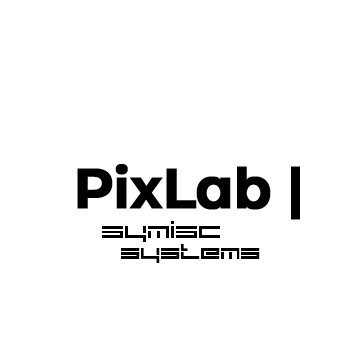Discover and explore top open-source AI tools and projects—updated daily.
AppleSiliconForNeuroimaging by  neurolabusc
neurolabusc
Review of Apple Silicon macOS for brain imaging research
Top 95.1% on SourcePulse
This repository reviews the challenges and potential of ARM-based Apple Silicon macOS for brain imaging research. It aims to inform scientists and researchers about the compatibility, performance, and limitations of this new hardware architecture for their specific workflows, highlighting potential future benefits if key software and hardware limitations are addressed.
How It Works
The project evaluates Apple Silicon's suitability for neuroimaging by benchmarking popular tools like AFNI, dcm2niix, FSL, and SPM. It compares performance against Intel and AMD CPUs, focusing on factors like CPU core utilization, memory bandwidth, and the impact of architectural differences (e.g., unified memory, Metal vs. CUDA). The analysis also details software compatibility issues, compiler support, and the implications of macOS security features for scientific software distribution.
Quick Start & Requirements
- Installation: No specific installation instructions are provided as this is a review document.
- Requirements: Access to Apple Silicon Macs (M1, M1 Pro, M1 Max, M2), Intel/AMD systems for comparison, and neuroimaging software (AFNI, FSL, SPM, etc.).
- Resources: The document details extensive benchmark results across various hardware configurations.
Highlighted Details
- Apple Silicon demonstrates impressive performance in single-threaded tasks and good parallel scaling, often outperforming older Intel Macs.
- Significant limitations exist due to lack of native support for many core neuroimaging libraries and tools, requiring reliance on Rosetta 2 translation.
- macOS security features (Gatekeeper, notarization) pose considerable hurdles for distributing scientific applications.
- GPU capabilities are hampered by Metal's single-precision limitation and lack of CUDA support, impacting computationally intensive tasks.
Maintenance & Community
This is a review document, not an active software project. The content is maintained by the author(s) of the README, with updates reflecting new hardware releases (M1 Pro/Max, M2) and software developments. No community channels or active development are indicated.
Licensing & Compatibility
The content of this repository is a review and analysis. No software is provided for installation or execution. Licensing information is not applicable.
Limitations & Caveats
The document explicitly states that many specific details regarding tool support are dated due to the rapid pace of software porting. It strongly discourages scientists from purchasing Apple Silicon for productive work in the short term unless they are developers willing to tackle porting challenges.
6 months ago
1 day

 symisc
symisc dipampaul17
dipampaul17 vllm-project
vllm-project efeslab
efeslab likelovewant
likelovewant zjin-lcf
zjin-lcf b-inary
b-inary huawei-noah
huawei-noah baidu-research
baidu-research ztxz16
ztxz16 gpu-mode
gpu-mode Dao-AILab
Dao-AILab